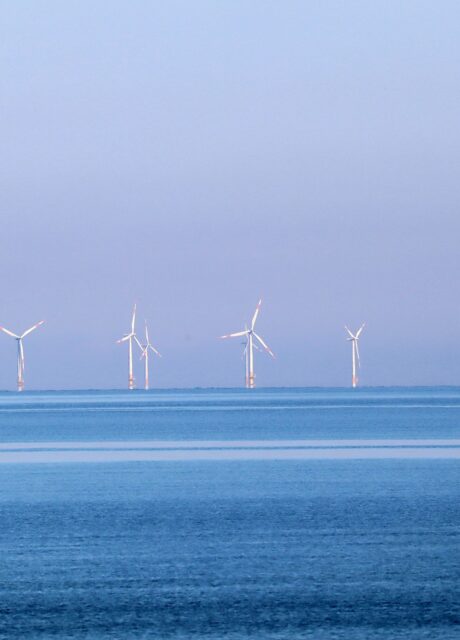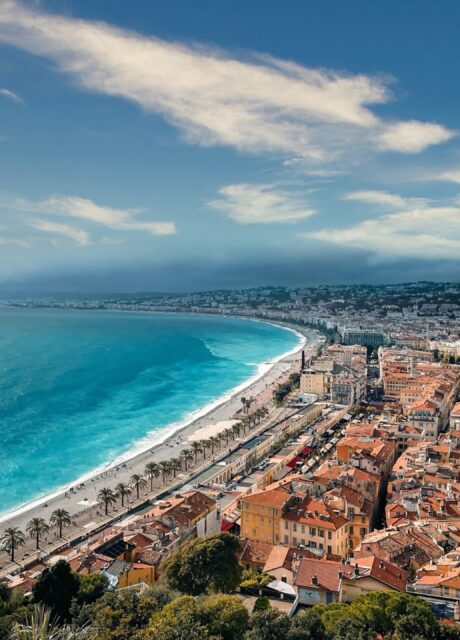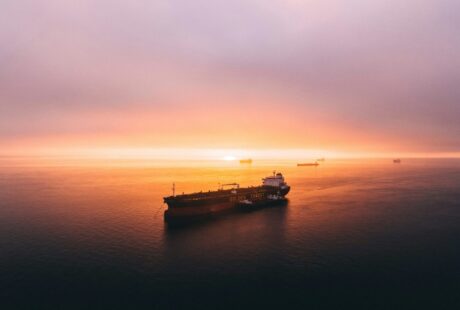As the race to decarbonise Europe – and slow down climate change – ramps up, the European Commission released its European Wind Power Package, brimming with ambitious targets and aims to speed up the roll-out of onshore and offshore wind energy across the European Union and to support the European wind industry. The urgency in taking Europe off fossil fuels is welcome and necessary, but risking nature to save the climate is not the solution: the climate and biodiversity crises are two sides of the same coin.
One important action the Commission committed to is the development of guidelines to set environmental criteria that can be used by Member States when auctioning off new sites for offshore wind, to avoid a race to the bottom by choosing the cheapest options. Missing from the Package are solutions addressing the European Court of Auditors’ recent warning about the potential effects of developing new offshore wind plants on precious marine ecosystems, as well as the need for better communication and collaboration between EU countries when these energy sites cross over national borders. The EU’s targets for growth of its offshore renewable energy grid are sky high (see figure below), with a planned 25-fold increase in offshore wind by 2050. The Court of Auditors has flagged that achieving these lofty growth objectives is unlikely, yet the Commission is pushing ahead with its high ambitions to get EU Member States on board.

The offshore renewable energy targets embedded in the EU ORE Strategy (in GW). European Court of Auditors.
The Commission also highlighted the importance of research and innovation in developing alternative offshore energy sources (such as floating offshore wind plants, systems that convert light into electricity, and breeding algae as a source of sustainable biofuels), and better planning and management of marine spaces to balance environmental and economic interests. Since renewable energy installations are now considered “of overriding public interest”, necessary environmental impacts assessments may be waived, sidelining nature protection laws. Overall, the Package lacks concrete steps to create unity between offshore wind goals and preserving nature.
Current EU rules on ocean use have many shortcomings that need to be addressed, including slow approval of permits for offshore sites, little research into their possible social impact, and the sheer lack of raw materials readily available. The Court of Auditors has encouraged the Commission to investigate the socioeconomic implications of the offshore renewable energy sector and other sea-dependent sectors, such as fisheries, by the end of 2025. With one auditor warning that “the Blue Revolution should not be pursued at all costs”, the Package as it stands still has a long way to go until it is able to reconcile the push for green energy with its environmental and social commitments.
In our guidance paper ‘Planning offshore renewable energy with nature in mind’, Seas At Risk brings solutions to prevent and minimise the negative impact of offshore renewable energy on biodiversity. That means keeping wind parks out of marine protected areas and applying environmental laws designed to protect nature. Ultimately, we need to drastically reduce the EU’s demand for energy, and transition away from a wasteful, overconsuming economy to a sufficiency and efficiency economy.
Posted on: 27 October 2023



